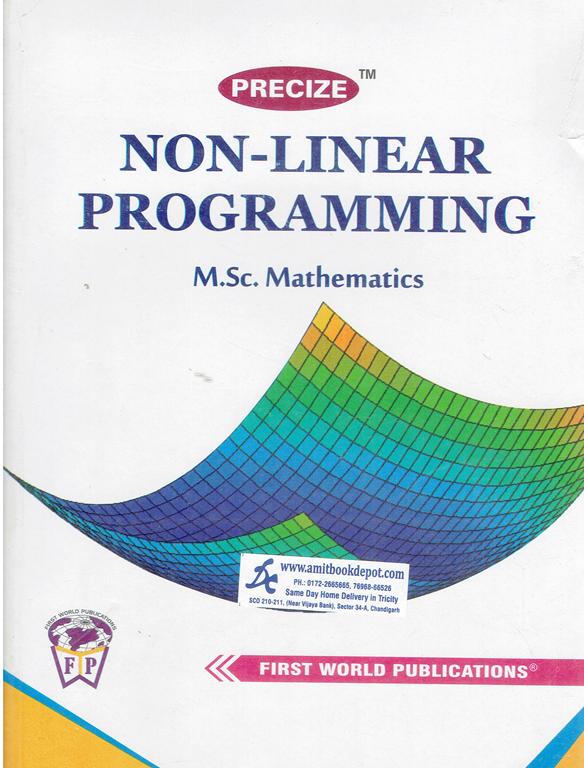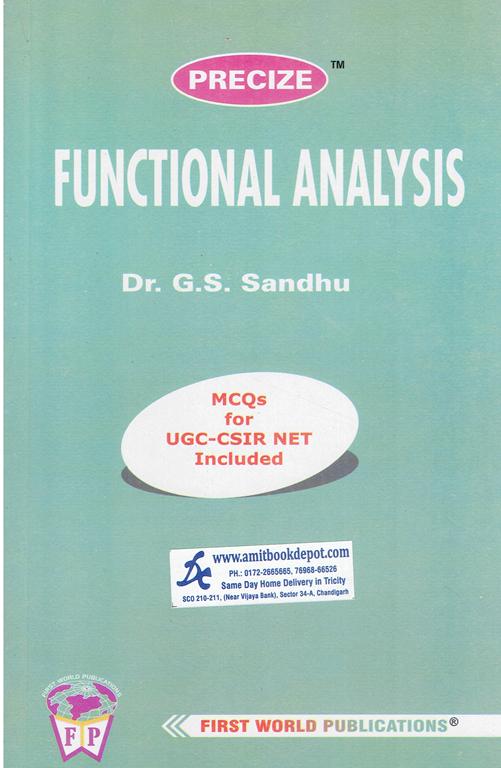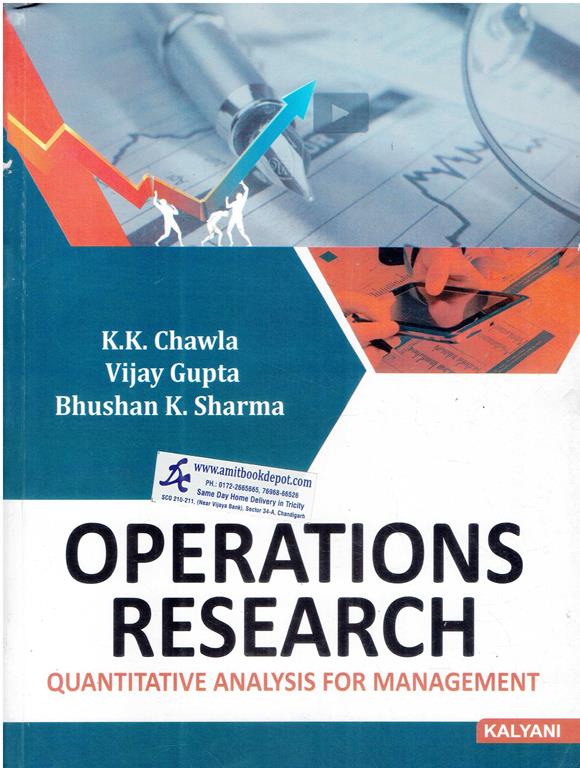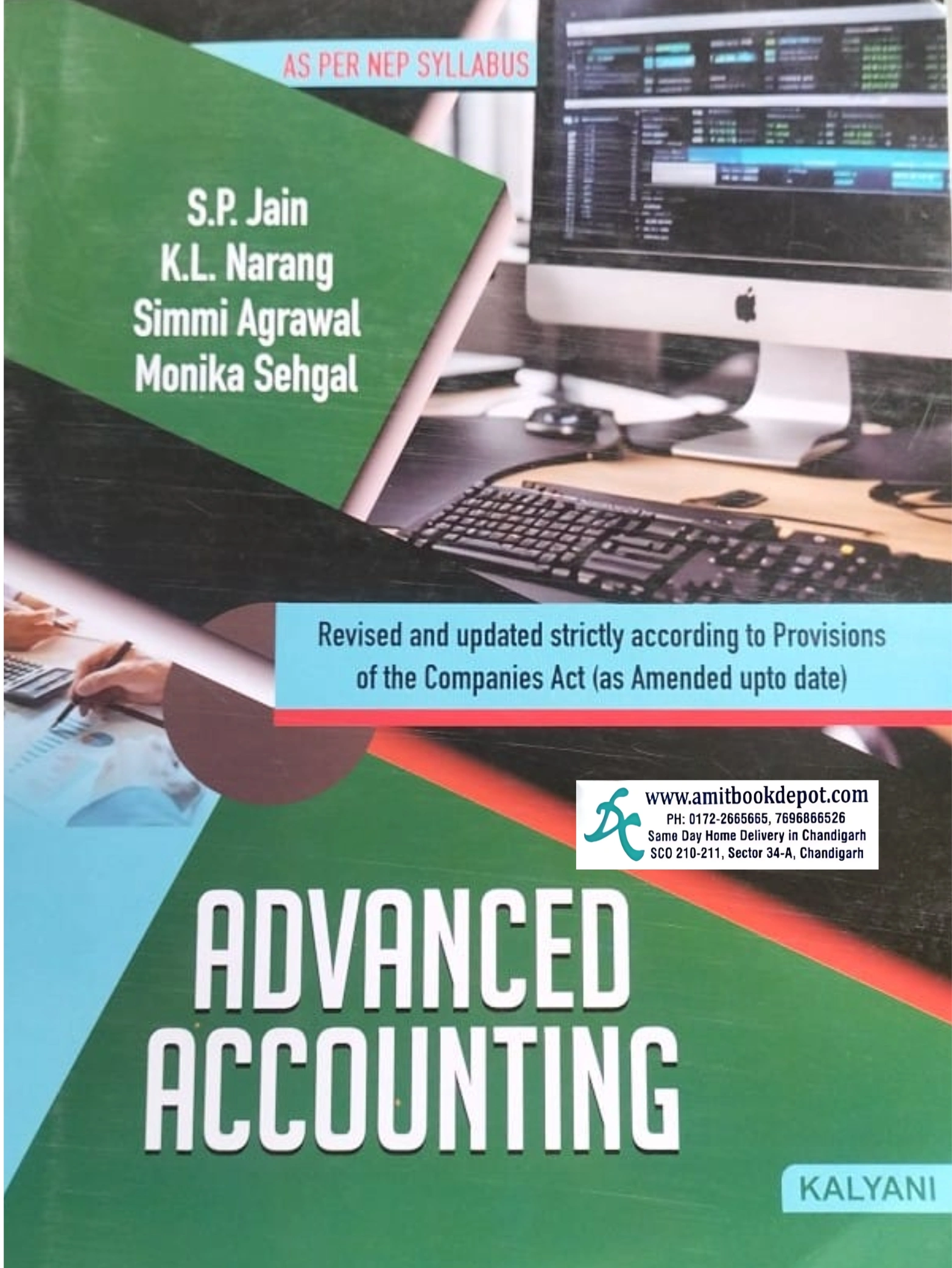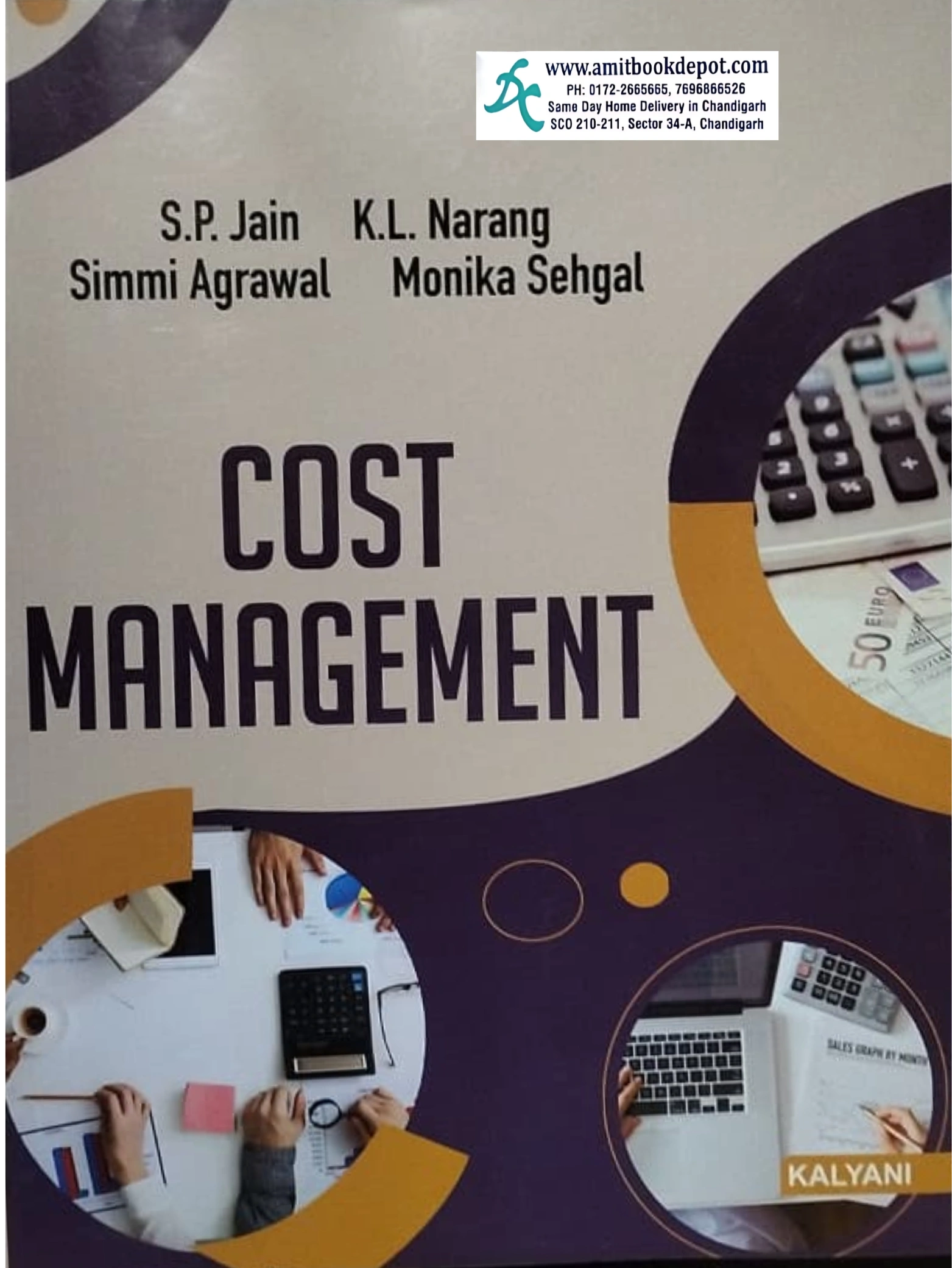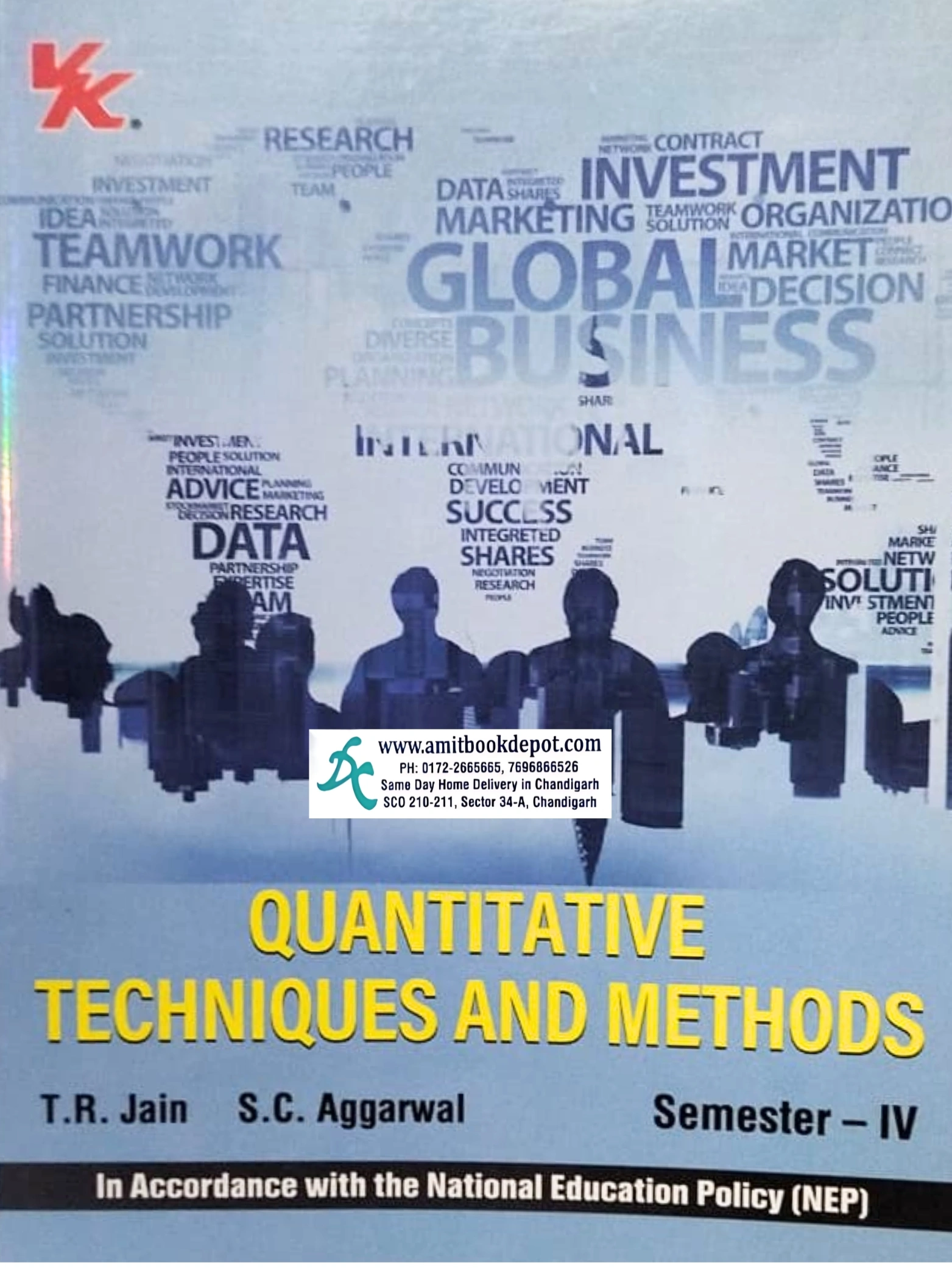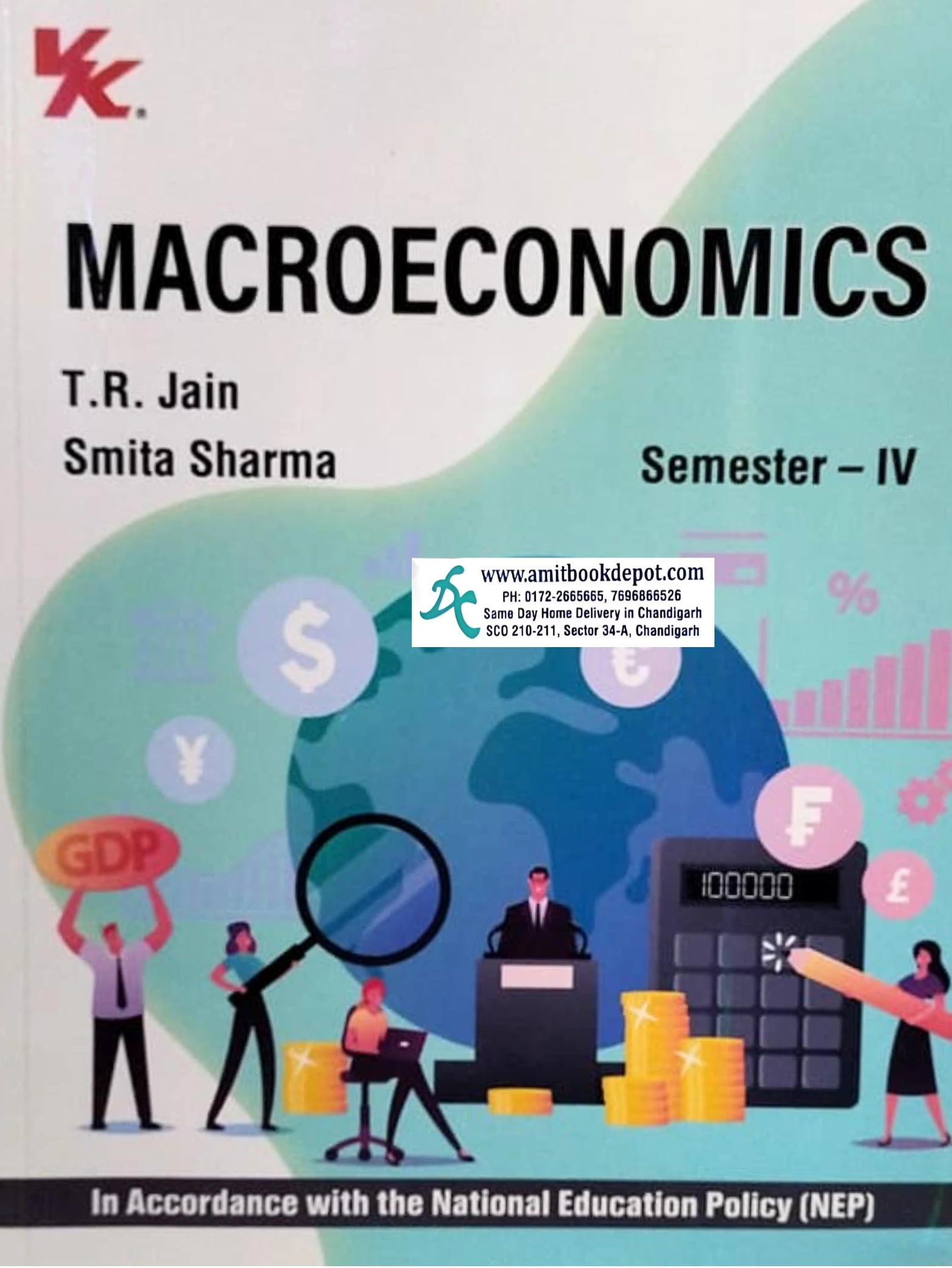OXFORD Managerial Economics: Principles and Worldwide Applications, 9th Edition by Dominick Salvatore and K. Siddhartha is a comprehensive and authoritative textbook designed for students and professionals seeking an in-depth understanding of managerial economics and its real-world applications. Published by Oxford University Press, this 9th edition builds on its legacy of providing clear, analytical, and practical insights into economic decision-making in business environments.
Key Features and Benefits
This book integrates economic theory with business practices, offering a balanced approach to demand analysis, production, cost estimation, market structures, pricing strategies, and government regulation. It is an essential resource for MBA students, business managers, and economics graduates who need to apply economic principles to solve complex business problems.
Structured Learning Approach
1. The book is divided into five well-organized parts, each covering critical aspects of managerial economics:
2. Introduction – Provides foundational knowledge on the scope of managerial economics, demand-supply equilibrium, and optimization techniques.
3. Demand Analysis – Explores demand theory, estimation, and forecasting techniques crucial for business planning.
4. Production and Cost Analysis – Discusses production theory, cost structures, and estimation methods for efficient resource allocation.
5. Market Structure and Pricing Practices – Examines different market models (perfect competition, monopoly, oligopoly) and strategic pricing approaches, including game theory.
6. Regulation – Analyzes the role of government in ensuring fair competition and economic regulation.
Why Choose This Book?
1. Global Perspective: Includes worldwide applications of managerial economics, making it relevant for international business scenarios.
2. Practical Case Studies: Real-world examples and case studies enhance understanding of theoretical concepts.
3. Updated Content: The 9th edition incorporates the latest trends, including digital economics, strategic decision-making, and behavioral economics.
4. Mathematical and Analytical Tools: Provides optimization techniques, forecasting models, and cost analysis methods for data-driven decision-making.
5. Supplementary Resources: Includes an appendix, glossary, and index for quick reference.






